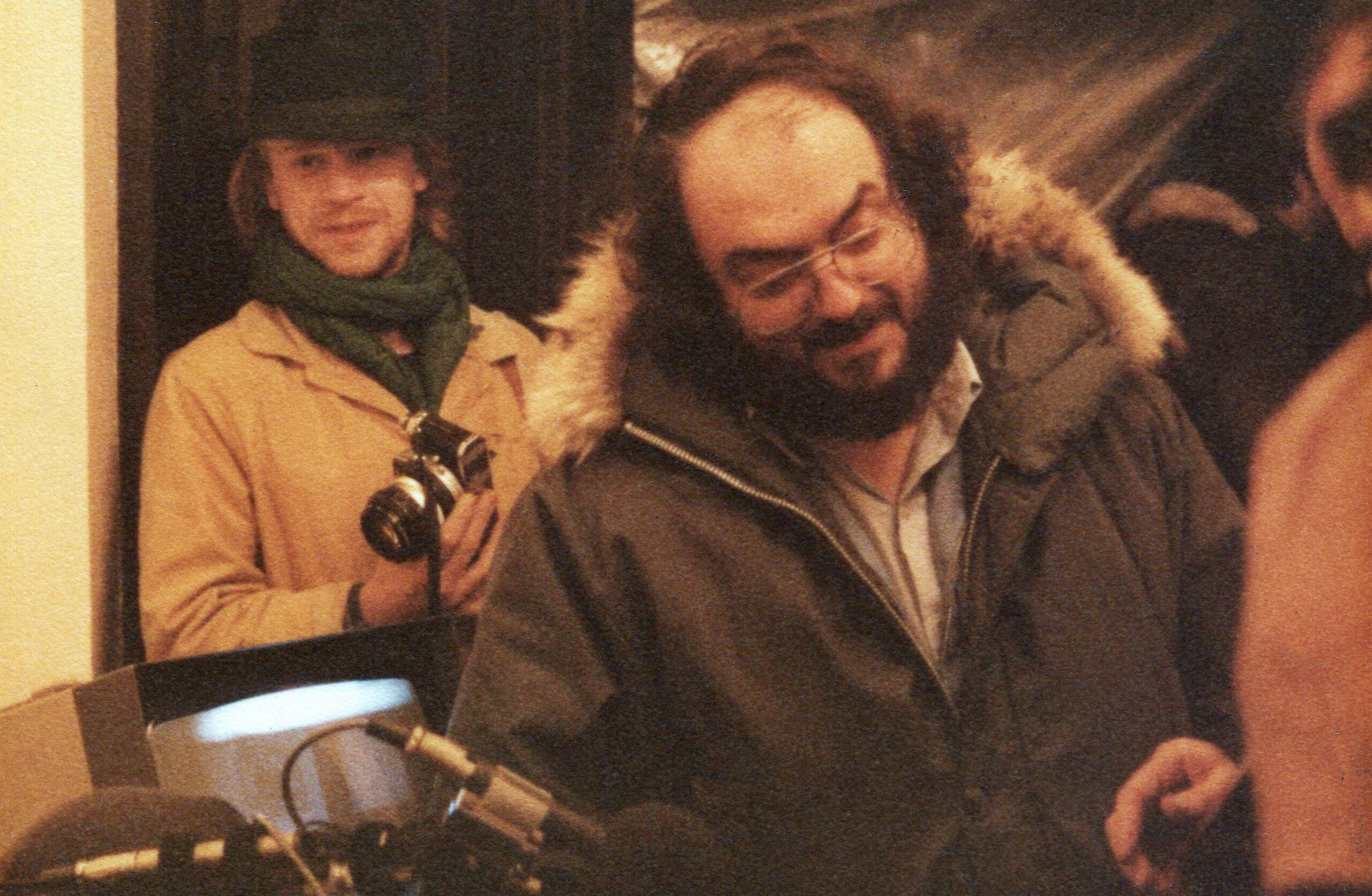Being an assistant to any filmmaker would be taxing, but working for a director as exacting as Stanley Kubrick? And earning his deep trust over a period of many years? It happened to Leon Vitali, the actor who played Lord Bullingdon, Barry’s stepson, in “Barry Lyndon.” At that time, he told Kubrick he was interested in learning more about filmmaking. After Vitali demonstrated that he was serious, Kubrick made him a personal assistant on “The Shining,” and their collaboration continued until the auteur’s death.
The new documentary “Filmworker,” which had its premiere Friday in Cannes Classics, presents the two men as essentially codependent: Kubrick, much as he sought to control every element of his films, needed to delegate at least some tasks to good people who had a sense of his judgment. Vitali was so taken with Kubrick’s mystique and art—and so attuned to the man’s manner and taste—that he devoted his life to working for him, mostly abandoning his acting career (he appeared as multiple masked figures during the orgy section of “Eyes Wide Shut“) and probably shortchanging his personal life.
Matthew Modine remembers Vitali from the set of “Full Metal Jacket” as being kind of an Igor figure whose job was to respond to Kubrick’s demands with “yes, master.” It’s a funny line, but “Filmworker” makes the case that Vitali’s contributions were more substantial: Vitali recalls playing a role in everything from the casting of the Diane Arbus twins in “The Shining” to inspecting perhaps 500 prints of “Eyes Wide Shut.”
Friends describe him as a jack of all trades who became adept at many different levels of the filmmaking process; it’s unheard-of to find an acting coach (a now-grown-up Danny Lloyd remembers Vitali fulfilling that role for him on “The Shining”) who can also color-time a 70-millimeter print. On Kubrick’s orders, Vitali snapped photos of U.K. video stores to provide evidence for the director’s suspicion that Warner Bros. hadn’t done enough to market the film. Vitali’s tasks ran the gamut: He took on responsibilities that would traditionally fall to a cinematographer—and also set up a video monitoring system so that Kubrick could keep an eye on a dying cat.
Perhaps most importantly for the future, Vitali remains a protector of Kubrick’s legacy, advising on restorations so that they are handled the way his friend would have wanted. Indeed, the film suggests that he’s not always contacted when he should be. He says he wasn’t invited to the opening of the 2012-13 LACMA exhibit on Kubrick, for instance.
It’s on this score that “Filmworker” is not entirely satisfying. Although it’s great to hear Vitali’s insights into Kubrick’s personal manner—he suggests the director ran hot and cold on people with a chess player’s eye toward the end result—this is fundamentally the story of two men, and having only Vitali alive to talk to leaves the documentary with a lack of balance. (In particular, Vitali’s role in shepherding “Eyes Wide Shut” to a July 1999 release after the filmmaker’s death that March could have used more expansion.) And there are other guardians of Kubrick’s legacy, like Kubrick’s brother-in-law, Jan Harlan, who are mentioned but never seen, an omission that only raises questions. It would have been helpful to have their perspective here.
But “Filmworker” isn’t simply about Kubrick, or Vitali. In a sense, it’s the ultimate fan story: a tale of what it means to live vicariously through a genius.












